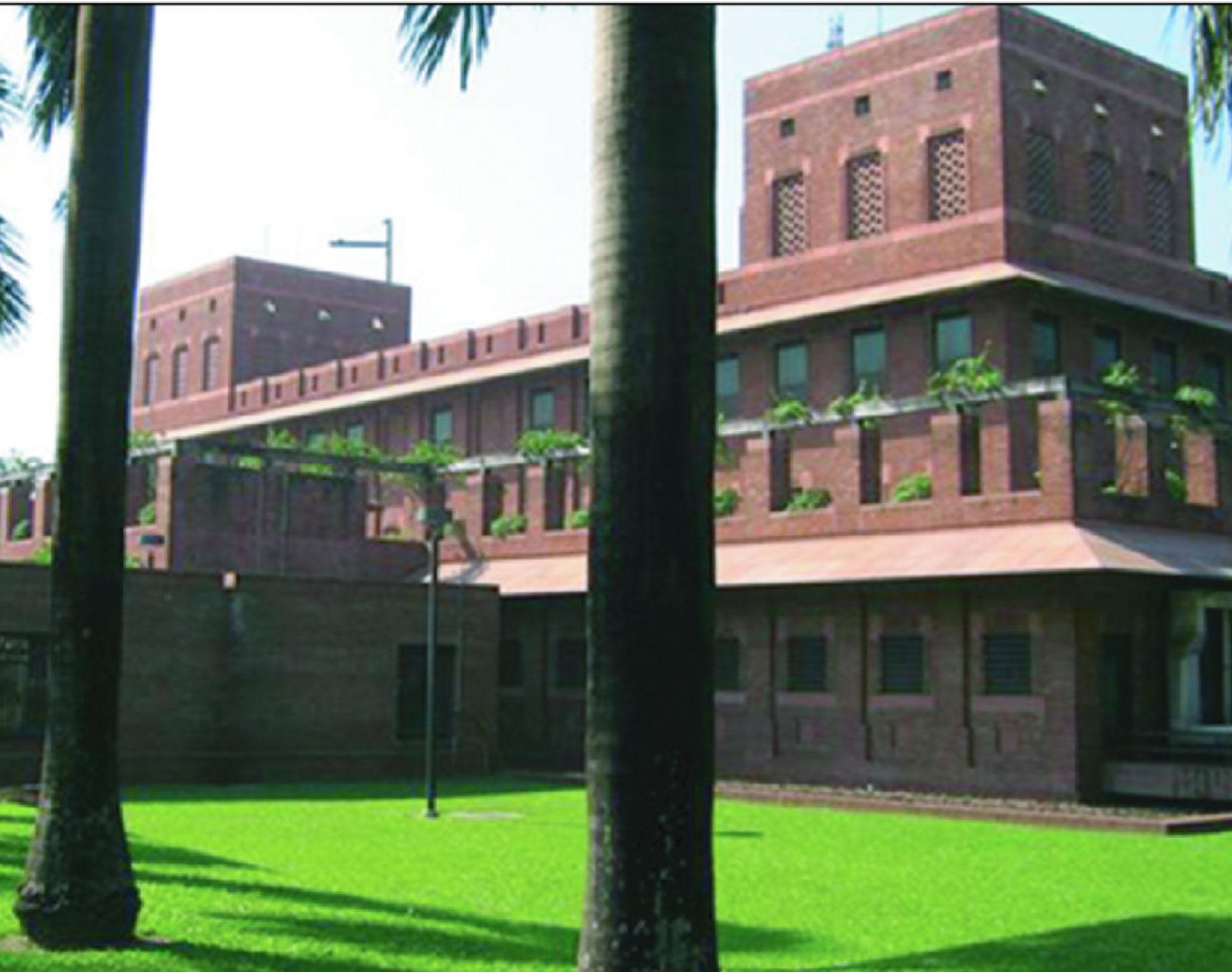U.S. officials in Asia reach out to LGBTQI communities
Colin Stewart is a 45-year journalism veteran living in Southern…
THIRD IN A SERIES: United States officials in Pakistan and Bangladesh in the past year have promoted study programs, human rights training and health care aimed at improving the lives of the region’s LGBTQI+ citizens. In Uzbekistan, U.S. officials urged repeal of the Uzbek law that criminalizes homosexuality.

This is the third in an eight-part series focusing on the impact of President Joe Biden’s February 2021 order to U.S. government agencies to “promote and protect the human rights of LGBTQI+ persons around the world.” In April 2022, a total of 14 U.S. departments and agencies, ranging from the State Department to the Peace Corps, combined to create a comprehensive report about what they have done in response to that presidential order.
Related commentary: “Biden is silent when a loud message on global LGBT rights is needed” (Erasing 76 Crimes, November 2021)
Today’s post includes the report’s descriptions of U.S. officials’ activity in Uzbekistan, Pakistan and Bangladesh — three of the 26 nations in Asia where where homosexual activity is illegal.
The State Department’s Bureau of South and Central Asian Affairs reported:
In Uzbekistan, the Embassy consistently raised the issue of decriminalization with the government and continues to look for ways to make progress on this sensitive issue. Embassy participants joined a November 30 meeting with international businesses and human rights representatives to discuss joint efforts with the business community to encourage the government to decriminalize same-sex activity between men, including highlighting the economic benefits of a more open society.
[Under the U.S. Bureau of Educational and Cultural Affairs] the Fulbright Student and Teacher Programs, which fund American citizens to study, conduct research, or teach English abroad, updated their applications to include non-binary options. The program funded LGBTQI+ proposals in India, the United Kingdom, Colombia, South Africa, and Pakistan. Programs included transgender healthcare and evaluating access barriers for transgender persons. ECA’s Fulbright Teacher Exchanges and Hubert H. Humphrey Fellowship programs, as well as ECA-funded International Writing Program at the University of Iowa, supported LGBTQI+ programs and participants.In Bangladesh, Embassy Dhaka continues to celebrate the conclusion of its Rights for Gender Diverse Populations project. Attendees included clergy, corporate elite, government officials, and diplomats, as organizers sought to motivate influential Bangladeshis to advocate for gender diverse populations. Embassy Dhaka offers participants tools to face discrimination at the individual and societal levels and normalize discussions of queerness, as acceptance of non-trans, non-hijra identities remains low even among Bangladesh’s educated youth.
In Bangladesh, the Embassy has consistent, substantive engagement with local LGBTQI+ organizations in Dhaka, but COVID-19 pandemic and security restrictions have weakened its connection with LGBTQI+ persons in other cities in Bangladesh. The Embassy continues to look for opportunities to coordinate with likeminded diplomatic missions to advance the human rights of LGBTQI+ persons, including with Australia, Canada, Germany, the Netherlands, Switzerland, and the United Kingdom. COVID-19 pandemic restrictions permitting, American Spaces will continue to serve as safe spaces and incubators for organizers.
USAID/Bangladesh helped Rohingya and host community LGBTQI+ members access mental health counseling and health assistance to overcome challenges associated with the COVID-19 pandemic.
USAID/Bangladesh supports legal professionals who are working to help LGBTQI+ community members to better understand their rights as defined by international and Bangladeshi human rights legislation.
A Medium Article in August outlined five case studies of USAID promoting LGBTQI+ inclusion globally, including through projects and partnerships in Bangladesh, South Africa, Kosovo, Guatemala, and in the Middle East and North Africa, (“5 Ways USAID Promotes LGBTQI+ Inclusion Around the World”)
Regarding Bangladesh, that article stated:
“In 2014, the Bangladesh cabinet recognized “hijra” as a third gender. Through the Rights for Gender Diverse Populations program, USAID supports CSOs to build from this to help LGBTQI+ people better understand their rights. This includes training human rights defenders to document, monitor, and respond to human rights violations; partnering with 15 local radio stations to raise awareness about gender diversity among more than one million listeners; and establishing contacts to offer medical advice related to COVID-19.
“The program also strengthened nine CSOs across Bangladesh and convened stakeholders, including human rights activists, journalists, medical professionals, and religious leaders. Through these efforts, the National Human Rights Commission agreed to include a third gender option in Bangladesh’s 2021 National Census for the first time. Civil society participants in the Rights for Gender Diverse Populations also submitted a draft Transgender Law to the National Human Rights Commission to increase protections and other rights for gender diverse people.”




